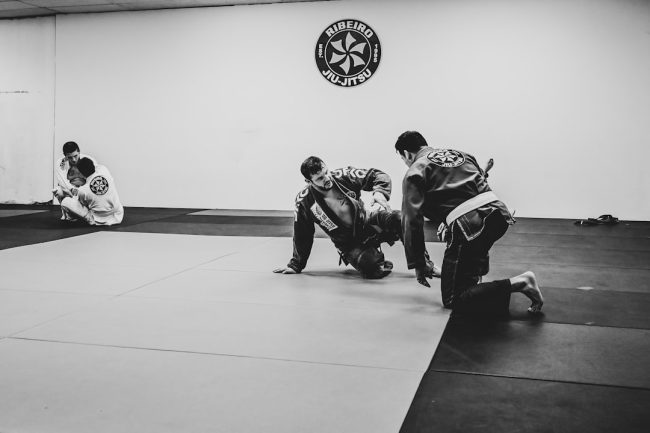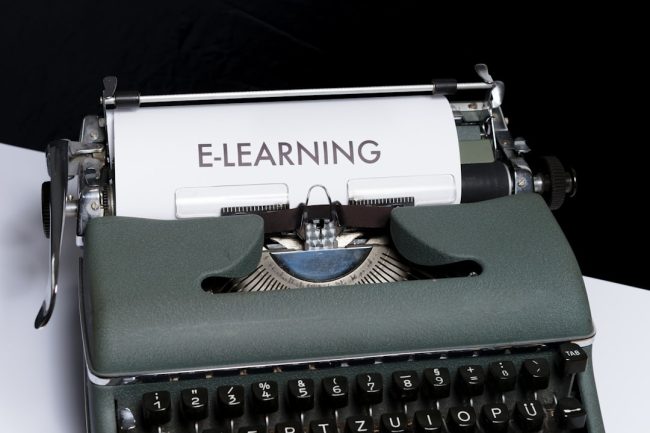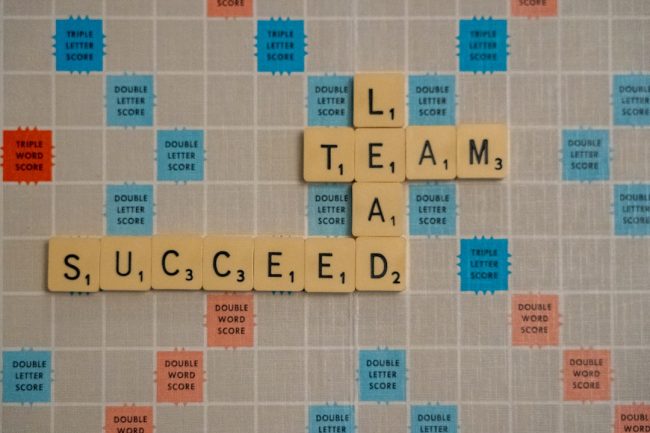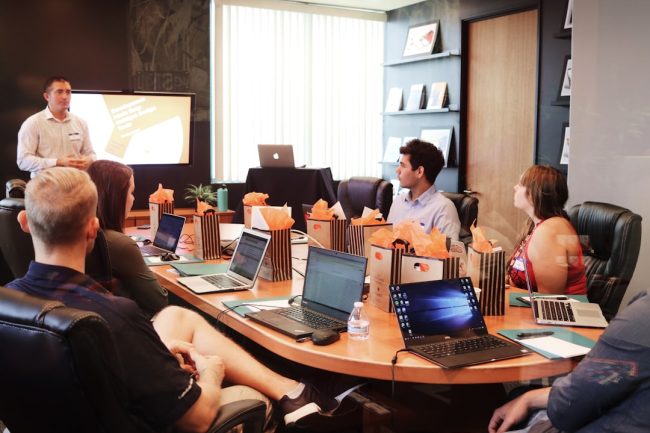The Role of Serious Games in Skill Development The phrase “serious games” has become popular in both professional & educational settings in recent years. Essentially, a serious game is made to accomplish particular learning objectives or deal with real-world problems in addition to being entertaining. We discover that these games create an interactive platform for users to learn & develop skills by fusing the entertaining aspects of traditional gaming with instructional content. Serious games can foster a deeper understanding of a variety of subjects & effectively communicate complex concepts by immersing players in scenarios that demand active participation. As we learn more about the idea, it becomes evident that serious games can be anything from interactive storytelling experiences to role-playing games & simulations. Training medical professionals in surgical techniques or educating students about environmental sustainability are just two examples of the distinct functions of each type.
Because of their adaptability, serious games can be customized to fit particular learning goals, making them an effective tool for both professional and formal education. By engaging users in a dynamic environment, we can enhance retention and application of knowledge, ultimately leading to more effective learning outcomes. The two most important abilities that serious games can foster are problem-solving and critical thinking, which are crucial for success in the fast-paced world of today. The ability to assess a situation, recognize problems, and come up with workable solutions are all part of problem-solving. These skills are extremely valuable in a variety of fields, including business and healthcare, in our increasingly complex society.
Serious games offer a special setting for developing these skills since they put players in realistic situations that call for careful judgment. By promoting us to critically assess information and form well-informed opinions, critical thinking enhances problem-solving skills. Players of serious games frequently run into situations where they must consider various viewpoints & the effects of their choices. As we investigate various approaches to problem-solving, this process not only improves our analytical abilities but also encourages creativity and innovation. Serious games give us a safe and entertaining environment to practice and hone our skills by incorporating these abilities into gameplay.
Game mechanics that promote experimentation and exploration must be carefully considered in order to use serious games to effectively develop problem-solving abilities. One method is to design open-ended tasks that let participants come up with their own plans for getting past barriers. We enable players to reflect critically on their decisions and grow from their errors by offering several routes to success.
In order to develop resilience and adaptability, which are necessary for efficient problem-solving, this trial-and-error process is essential. Also, adding components like resource or time constraints can make gameplay more realistic & urgent. These mechanisms force us to prioritize our tasks and make snap decisions, mimicking the demands we frequently encounter in everyday life. We can develop our problem-solving skills and learn how to approach complicated problems strategically by overcoming these game-related obstacles. In the end, how game mechanics are designed greatly influences how we experience things and develop the abilities required for success.
Our engagement & learning outcomes can be greatly impacted by a serious game’s narrative structure. We can make the experience more engaging & inspire us to consider the consequences of our choices by incorporating critical thinking exercises into the plot. By posing moral or ethical conundrums in the game, for example, we can be prompted to think about the wider ramifications of our choices & develop a deeper comprehension of intricate problems. Also, incorporating branching narratives strengthens the notion that critical thinking is about more than just figuring out the correct response; it’s also about comprehending the subtleties of each circumstance.
This allows us to investigate various outcomes depending on our decisions. We acquire a more complex method of problem-solving as we work through these stories, learning to value different viewpoints and take into account different approaches. Our ability to think critically is improved by this narrative-driven method, which also makes learning more interesting and relatable. Feedback is an essential part of any educational process, and serious games are no different.
We can learn more about our performance and pinpoint areas for development by giving prompt, helpful criticism. There are many different types of in-game evaluations, ranging from quick reactions to our actions to more thorough analyses at significant turning points. This feedback loop promotes a growth mindset by enabling us to evaluate our choices & modify our tactics as necessary. Also, including opportunities for self-assessment motivates us to take charge of our educational path.
We can become more self-aware and pinpoint particular abilities we want to improve by thinking back on our experiences and assessing our development. In addition to strengthening our capacity for critical analysis and problem-solving, this process gives us a sense of agency over our education. Finally, to optimize the influence of serious games on skill development, efficient feedback systems are necessary.
The capacity of serious games to replicate real-world situations in a safe setting is among their most alluring features. We can close the gap between theory and practice and use what we’ve learned in meaningful ways by incorporating real-world challenges into games. We might be given a series of business challenges in a serious game for aspiring entrepreneurs, for instance, where we must make strategic choices based on consumer behavior & market trends. In addition to improving our problem-solving abilities, these real-world situations offer insightful background information for comprehending difficult ideas. We acquire knowledge about the complexities of different fields and cultivate a more sophisticated viewpoint on the problems at hand as we work through these difficulties.
Deeper engagement and retention are encouraged by this experiential learning strategy, which eventually gives us the tools we need to confidently face obstacles in real life. Educators & subject matter experts must work together to optimize the skill-development benefits of serious games. Together, we can make sure that game content meets pertinent learning objectives & is in line with educational standards. Teachers offer insightful opinions on pedagogical approaches, and subject-matter experts offer precision and depth. We are able to produce more memorable learning experiences that appeal to players thanks to this cooperative approach.
While expert input can improve the authenticity of scenarios presented, incorporating educators in the design process, for example, can assist us in identifying important concepts that should be emphasized within the game. We can develop serious games that not only keep players interested but also support significant learning objectives by utilizing the experience of professionals and educators. It is essential to accurately assess the influence of serious games on skill development as we investigate their potential to promote critical thinking and problem-solving abilities. To assess player performance and learning outcomes, a variety of assessment techniques can be used, from longitudinal studies that track skill development over time to pre- and post-game evaluations. Analyzing the information gathered from these tests allows us to learn important things about how serious games affect the learning & retention of skills.
This knowledge not only aids in the improvement of game design but also advances our knowledge of the ways in which interactive learning environments can improve professional development and education. Ultimately, measuring the impact of serious games is essential for validating their effectiveness as tools for skill development and ensuring that they continue to evolve in response to learners’ needs. Ultimately, serious games are a great way to develop critical thinking and problem-solving abilities.
The potential of these interactive experiences can be fully realized to promote significant learning outcomes with careful design, expert collaboration, and efficient assessment techniques. Our dedication to using serious games to improve education and give people more confidence in their personal and professional endeavors remains unwavering as we continue to investigate this exciting area.













